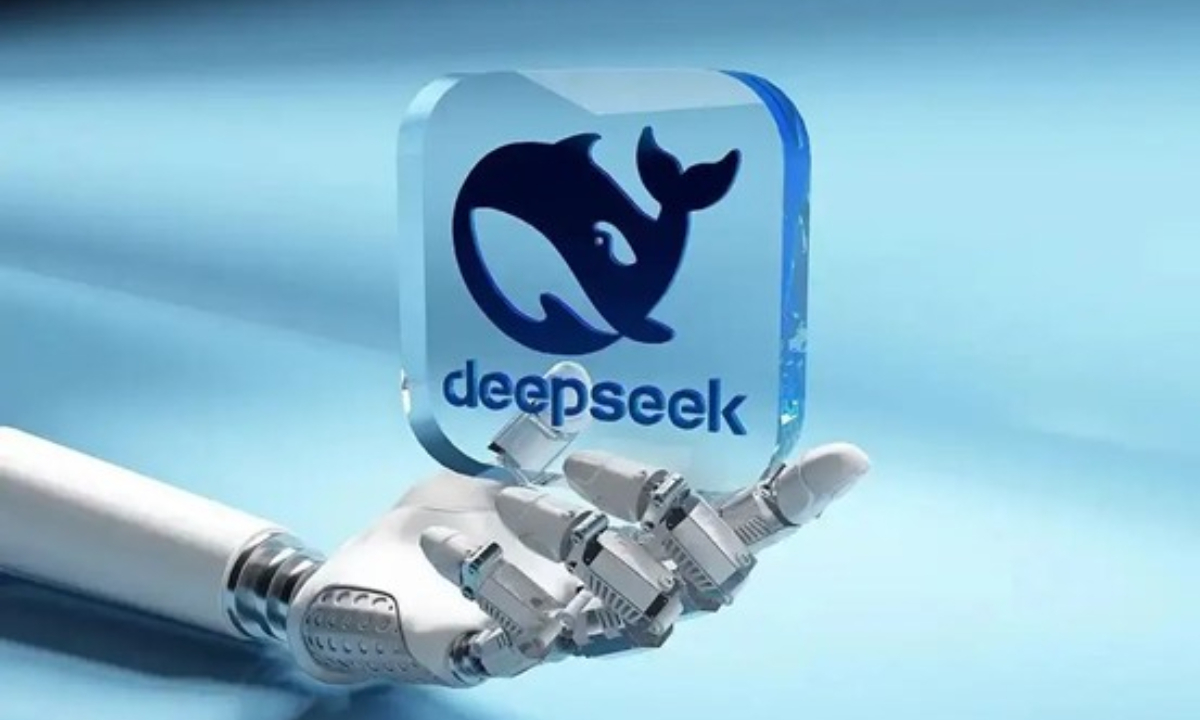Trump’s H-1B Visa Fee Increase: Impact on Tech Sector

The recent proposal by Donald Trump to drastically raise the application fee for H-1B visas to $100,000 carries significant ramifications for the technology sector, prompting varied reactions among industry leaders. This shift in policy is not merely a regulatory tweak; it encapsulates broader economic trends regarding labor migration, competitiveness, and innovation in a rapidly evolving marketplace. With companies like Nvidia and OpenAI heavily relying on foreign talent to fill specialized roles, the implications of this proposal merit a closer examination.
In a landscape already characterized by increasing demand for tech talent, the proposed fee structure is likely to create additional challenges. Jensen Huang of Nvidia and Sam Altman of OpenAI both voiced their support for increased immigration à la Trump’s measures, suggesting that facilitating the flow of global talent is crucial for fostering innovation in the U.S. technology ecosystem. Huang underscored immigration as integral to the American dream, while Altman hinted at the competitive edge that streamlined processes could offer. However, such sentiments raise a critical question: will higher costs really lead to better talent acquisition or might they deter skilled workers from even pursuing opportunities in the U.S.?
Data indicates that the U.S. technology sector has historically been fueled by an influx of international professionals, particularly from countries like India and China. According to the National Foundation for American Policy, over 70% of all H-1B visa holders work in highly skilled roles within tech, thus making any significant alterations to this program a point of contention. Moving beyond the voices of industry leaders, it is essential to consider the potential unintended consequences of raising fees—particularly how it may alienate the very candidates the sector prides itself on attracting. Increased operational costs may ripple through corporations, squeezing EBITDA margins and potentially stunting innovation cycles in a time when agile responses are critical in a post-pandemic economy.
Moreover, comparisons with previous economic disruptions, such as the Dot-Com Bubble and the 2008 financial crisis, reveal patterns of constraint—where regulatory measures eventually led to shifts in workforce dynamics, often stymying growth rather than bolstering it. Potential risks loom large: tech firms might seek talent elsewhere, exacerbating a brain drain which could leave the U.S. open to fierce global competition from nations that are becoming increasingly attractive to skilled labor. Meanwhile, for U.S. investors and stakeholders, the call for balancing immigration policy with market needs remains a delicate equilibrium, rife with uncertainty.
In conclusion, as the debate surrounding Trump's proposal unfolds, it pivots on the larger narrative of how the U.S. intends to position itself in the global tech arena. Must the nation choose between safeguarding its labor market and fostering innovation through diverse talent? While industry leaders advocate for a more inclusive immigration framework, increasing fees pose potential and serious challenges that require thoughtful consideration. Forward-thinking strategies and more adaptable policies will be essential if the U.S. is to continue thriving as a global technology leader, ensuring that regulatory changes do not unwittingly undermine the very foundations they seek to strengthen.
Read These Next

Credit Ratings Send Mixed Signals for Investment Strategies
The article discusses the recent credit ratings update for a company by major agencies, highlighting concerns and the implications for investors and stakeholders.

Alibaba and DeepSeek Unveil New AI Models to Boost Adoption
Alibaba and DeepSeek have launched upgraded AI models to enhance adoption across industries and democratize access to technology.

Leadership Change After Ms. Dai Juy's Passing
The report discusses the significant change in ownership and control of the company following the passing of Ms. Dai Juy and the inheritance of her shares by her son, Mr. Tao Hai. It highlights the potential impacts of the ownership transition on investor sentiment and corporate governance in light of historical precedents.
